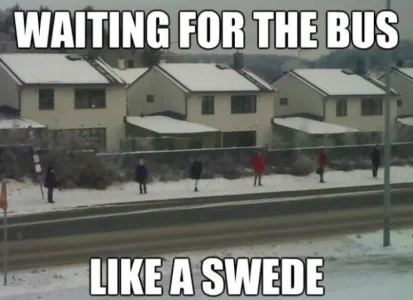Being Australian is significant when I am overseas. Practicality is valued here; any signs of affectation, ceremoniousness, etc. are generally regarded with irritation. There is a sharp distinction between formal occasions and all other occasions.
When I'm overseas I sometimes get annoyed with what I see as officiousness and unnecessary social ceremony. But I just have to remind myself that Australia is a different place which is not pertinent at the moment, so I'll address people as sir, maam, etc. and observe the 1001 little rules which don't seem to have any practical purpose, without trying to reform them.
Despite my conscious effort, I often fail to observe certain communication protocols overseas, which sets people shuffling and fiddling with their hands. Eventually, again despite my conscious effort, this seems to polarise people into thinking that I am either callous, or friendly. As a general pattern I have noticed, my lack of certain formalities endears me to superiors and subordinates, but infuriates peers.


